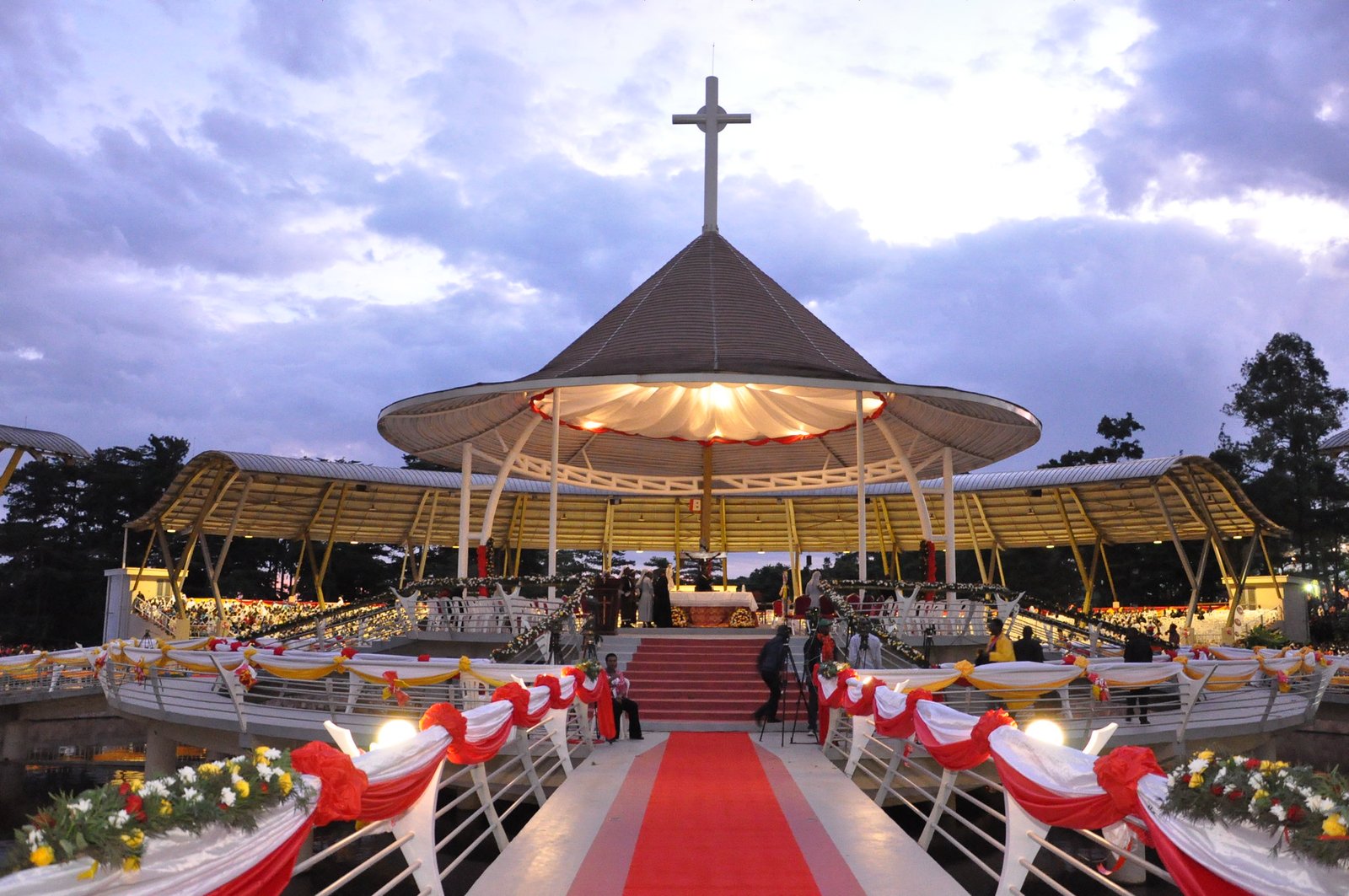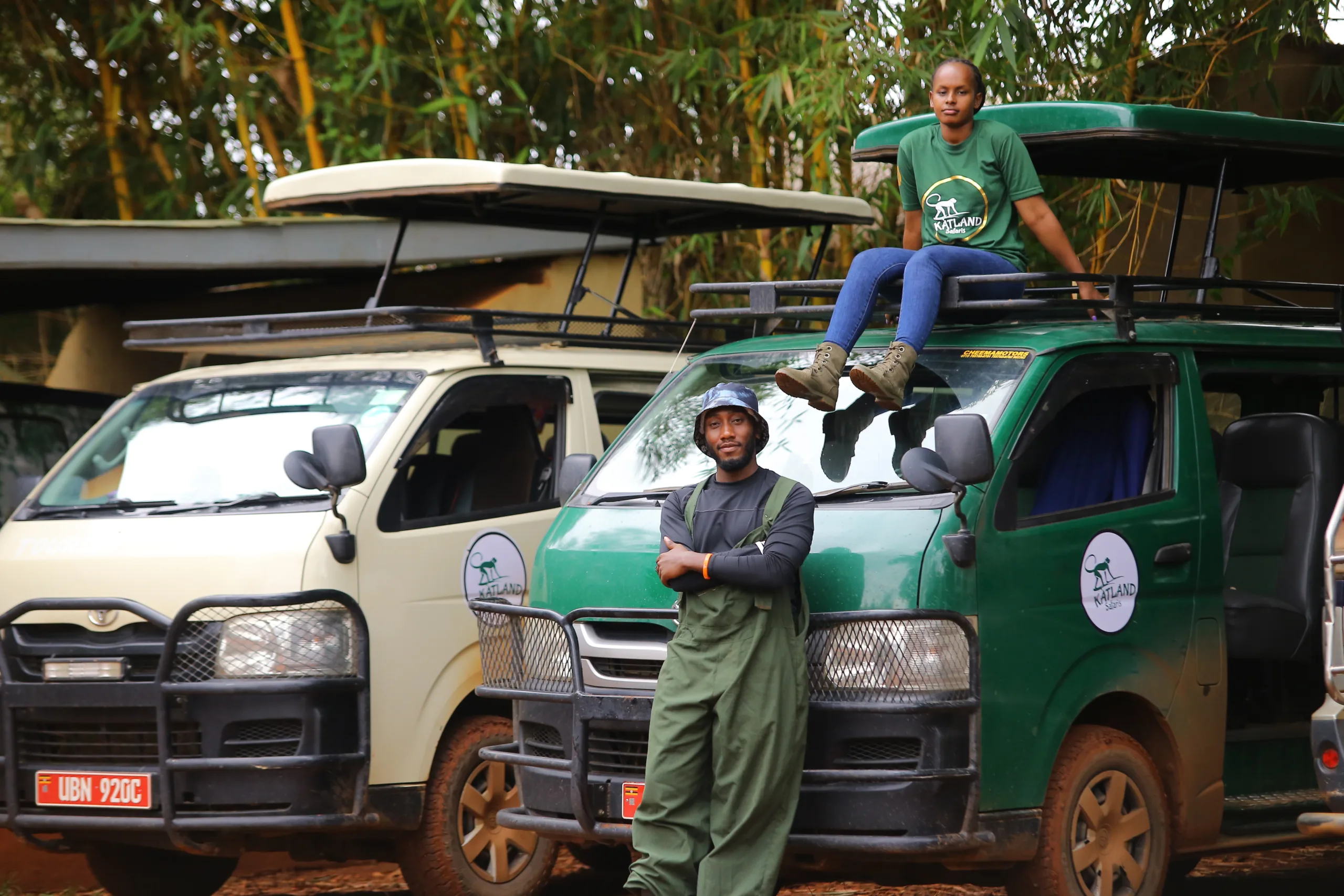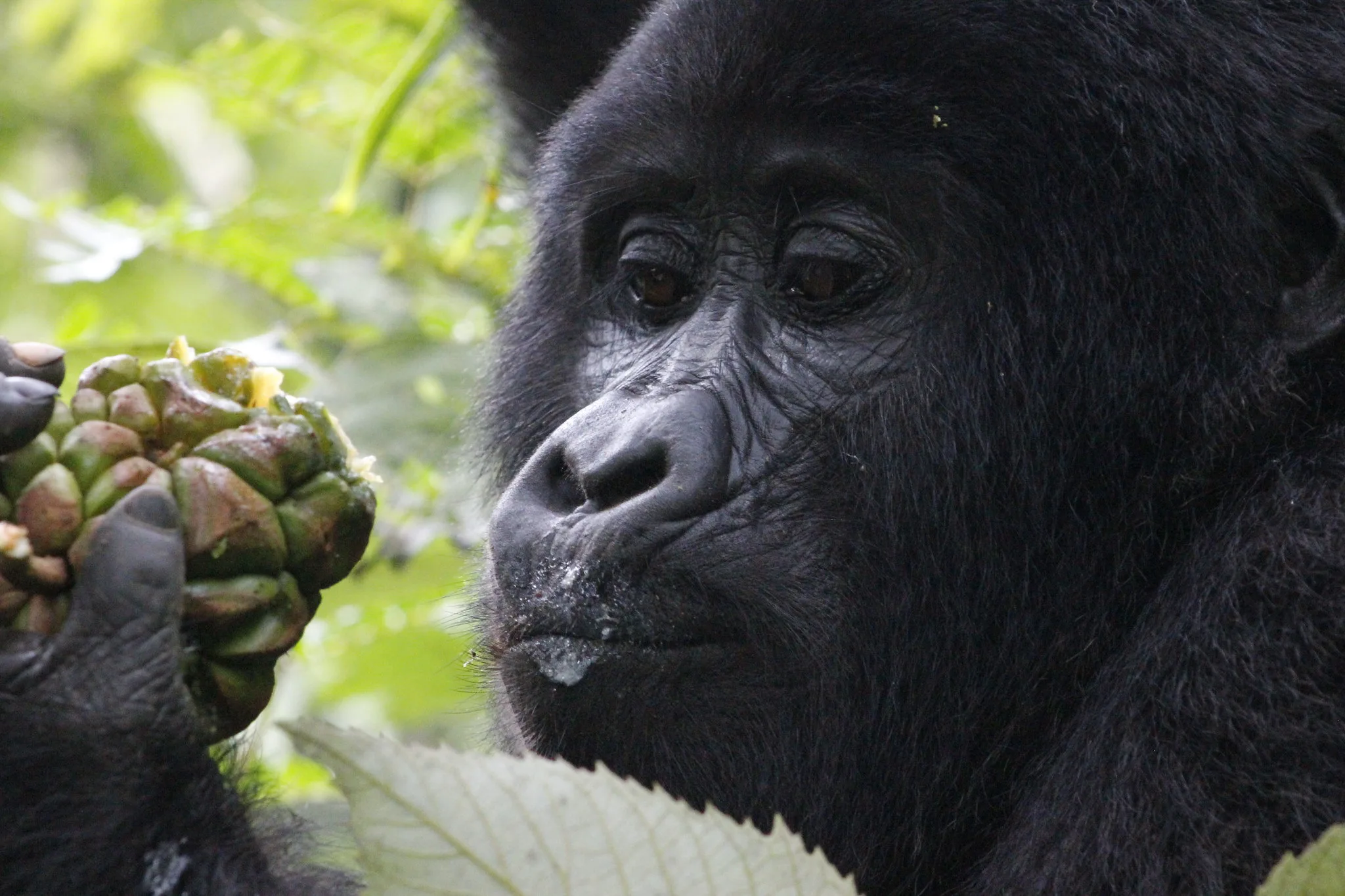Uganda public holidays. Resting days in Uganda – Public holiday observations through Uganda – Plan for your safari
Uganda public holidays. Uganda celebrates a great number of official public days. Uganda-recognized holidays include New Year’s Day, the NRM liberation day, Archbishop Lumu Day, International Women’s Day, Good Friday, Esther Sunday, Esther Monday, Eid al-fitir, independence, Christmas, and Boxing Day.
On these days, most of the official government offices are closed, including banks, forex, and schools. Most shops, however, and other local service providers stay in operation.
Public transport on public holidays in Uganda is typically calmer than normal on public holidays, but it still operates all through the day. Health facilities, including hospitals, clinics, and drug shops, are open all through the public holiday.
List of public holidays in Uganda
New Year’s Day
It’s celebrated every first of January, and it’s Avery’s big celebration in Uganda that begins on New Year’s Eve, 31st December, exploding at midnight and continues all through the day.
All governments’ offices and other offices, including banks and schools, are closed for the whole day. Private businesses, however, stay open and in normal operation but, in most cases, close earlier.
The New Year’s Day celebration is characterized by mass musical celebrations and mass prayers organized in almost all major towns across the country. On the New Year, people stay up late, waiting for midnight to enter the New Year. Midnight and New Year are characterized by fireworks that people watch either in the company of friends or family. Fireworks are brewed from many parts of the capital, Kampala, but mostly at Sheraton Hotel Kampala.
Many artists hold concerts in various parts of the country in celebration of the New Year. Many pastors and religious leaders hold prayers in either their church parks or the stadium they have rented for the occasion. New Year celebrations in Uganda are a mixture of Euro entertainment, cultural, and religious celebrations.
NRM liberation day
This day is marked every 26th of January every year. The celebration starts on the evening of the 25th with fireworks in Uganda’s capital, Kampala. This is followed by a military parade involving all security branches, from Uganda police to Uganda’s defense force. There are many other events organized in support of the celebration, and these include army cleaning of schools, hospitals, and public grounds, public lectures on the future of Uganda, sports events, and among others. NRM Liberation celebrators are in commemoration of the day President Museveni overthrew Milton Obote out of office in what was termed as the Liberation of Uganda from poor leadership.
Initially, it used to be a widely celebrated day, but many Ugandans have started boycotting the day, claiming that the NRM government has become corrupt and doing the same things or previous mistakes that past governments made.
ARCH BISHOP JANAN LUWUM DAY
This day is marked every 16th of February every year. It’s in commemoration of the late Arch-Bishop Janan Luwum. He was a leading critic of Idi Amin Dada, and this happened in the 1970s. He wrote notes of protest to dictator Idi Amin Dada, and as a result, he was captured by Amin’s government and later found dead with Amin’s government, claiming that it was a car accident that many Ugandans have failed to believe up to date. In 2016, President Museveni declared February 16, the day of the bishop’s death, as a public holiday to be marked and celebrated country-wide. On this day, public offices, including schools and most businesses, are closed.
International Women’s Day
It’s marked on the 8th of March every year. On this day, the government and people of Uganda join the entire world in honoring the role of women in Uganda’s social and economic development while also paying attention to women’s rights.
EASTER HOLIDAYS IN UGANDA
Easters holidays is the biggest and largest holiday in Uganda. It’s an enthusiastically kept celebration that starts from Good Friday to Easter Monday, lasting for four straight days of holiday. It’s very common for city dwellers in this season to pay visits to their parents, more so in villages, and many Ugandans will be traveling in this particular period of the year. The major cities in the country are all emptied as many of the people travel to their villages for colorful celebrations throughout the Easter holiday.
Eid al-Fitr
This is the first day of the Muslim month of Shawwal, which immediately follows the fasting month of Ramadhan. It’s a time to pray, whereas fasting. It’s characterized by many Ugandan Muslims attending prayers where all mosques give charity to the poor and celebrations over communal meals or special dining.
International Labour Day
On every 1st of May, Uganda joins the whole world in commemoration of the International Labour Day. All workers, mostly government officials, spend a day off work with their families, and that is the essence of International Labor Day for most Ugandans. On this day, the government holds a national function presided over by the president in which he gives a speech that expresses concern about population growth, better labor laws, job market growth, and working conditions.
UGANDA MARTYR’S DAY
This day is marked on the 3rd of June every year. It’s a celebration by both Catholics and Protestants in commemoration of the Uganda martyrs who were executed on the orders of Kabaka Mwanga for failure to denounce Christianity.
The Martyrs’ day is characterized by massive prayers (NOVENA) throughout the country. It’s also characterized by pilgrims from both within the far districts of the country and also from far countries, mostly from Kenya, Tanzania, Rwanda, and Burundi, all flocking to Namugongo for the annual prayers in remembrance of the Uganda martyrs.
Uganda Martyrs Day is also characterized by huge festivals around Namugongo, with vendors selling various traditional foods and other merchandise.
NATIONAL HEROS DAY
This day is marked on the 9th of June every year. It’s designed to commemorate and remember these individuals who played an important role and made scarify in creating a far better future for Ugandans.
EID AL- ADHA
Eid Al–Adha is a feast of sacrifice and a public holiday across the country commemorated and celebrated by all Muslims in the country. Eid Al-Adha is characterized by mass prayers by Muslims across the country and feasts with family and friends later in the evening.
INDEPENDENCE DAY
It’s celebrated on the 9th of October every year. It’s a day in celebration of Uganda’s freedom from British rule in 1962. It’s a National Day of Pride in Uganda. National Celebrations are usually held at Kololo ceremonial grounds. The president of the country presides over the faction, with invitations extended to various heads of state and governments from across the continent.
CHRISTMAS HOLIDAY
Also referred to as “Ssekukulu,” Christmas holidays are the most celebrated holidays in the country. It’s characterized by huge attendances of both midnight and day prayers at all Christian, Catholic, Protestant, and Pentecostal churches across the country. It’s also characterized by mass travel of Ugandan city dwellers to far rural areas to spend holidays with their families. Many take part in Christmas prayers and later feast on large, well-prepared meals with their families. The Christmas holiday ends On Boxing Day with the unwrapping of gifts from fellow family members.



